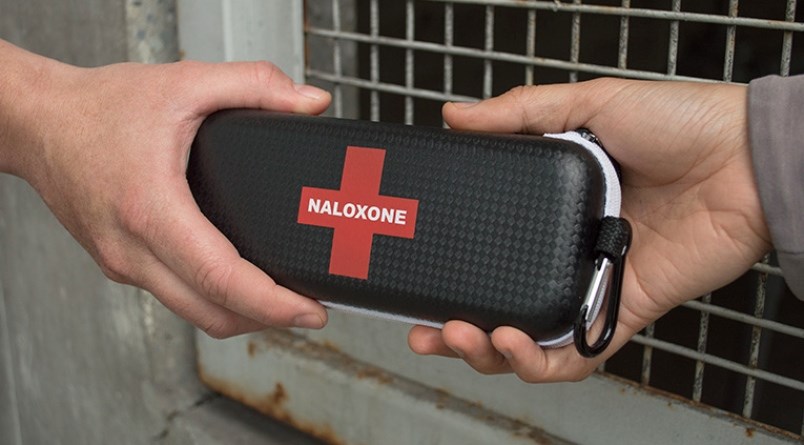Rising numbers of overdose deaths continue to be recorded across Fraser Health, including in Coquitlam, where five people died from illicit drugs in the first three months of this year.
Although not the worst city in Metro Vancouver for overdoses, the problem of people dying from illicit drugs is enough to prompt Fraser Health to host a naloxone training workshop in Port Coquitlam, the second such training session in under a year.
"It's available for everyone and anyone who has an interest in the issue of addiction and what's going on," said Sandy Burpee, a homeless advocate who volunteers with the Tri-Cities Homelessness and Housing Task Group that is co-hosting the free overdose prevention, recognition and response training workshop next Thursday at Trinity United Church.
The drop-in event starts at 7 p.m. and will teach participants how to provide lifesaving measures in the event of a drug overdose both with and without the medication Naloxone (Narcan). Take-home Naloxone kits will also be available for individuals at risk for overdose and their supporters.
The evening, part of the comprehensive Fraser Health Overdose Response Strategy, will also feature Mark Goheen, a Fraser Health clinical addictions specialist who has worked in the area for many years.
Burpee said a previous session held in August drew about 80 people, many of them parents.
The May 18 event comes as the BC Coroners Service grapples with a growing number of overdose deaths, with fentanyl appearing to account for the increase. For example, there were 120 suspected drug overdose deaths in March, a 51.9% increase over March 2016, when 79 people died.
In Coquitlam, five people died between Jan. 1 and March 31 of this year of a drug overdose, either from a street drug, medications not prescribed to the deceased or a combination, compared to 13 deaths in all of 2016.



